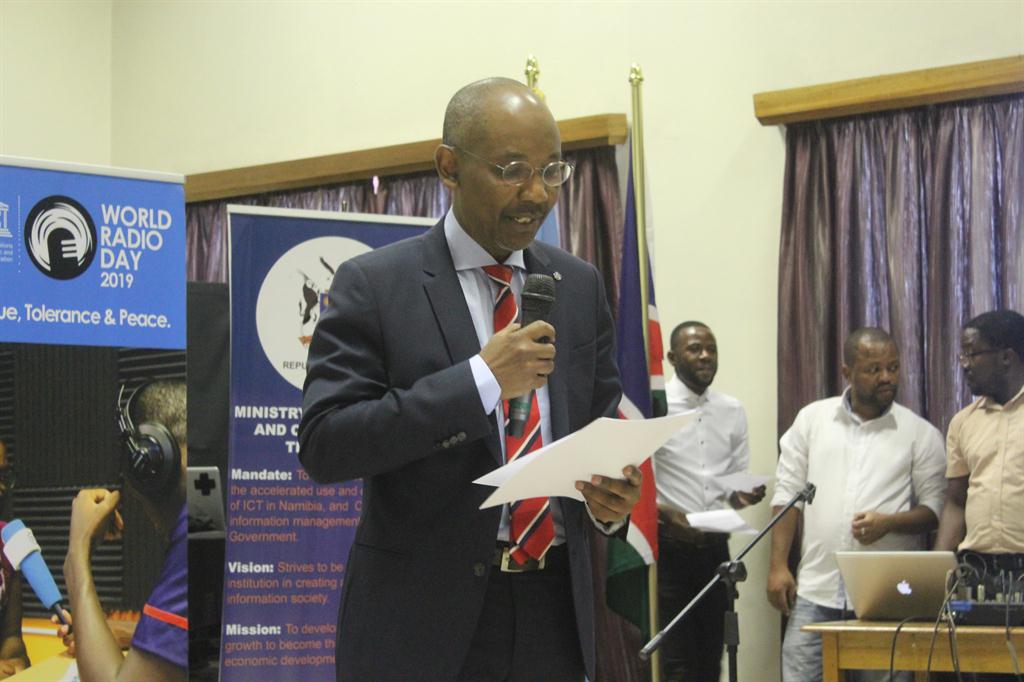Radio: The theatre of the mind
Elizabeth JosephOn 13 February UNESCO celebrated the eight edition of World Radio Day under the theme ‘Dialogue, Tolerance and Peace’.
On this day people around the world celebrate the radio and how it shapes our lives. Radio informs, converts and unites. It brings together people and communities from all backgrounds to nurture positive dialogue for change.
More specifically, radio is the perfect medium to counter the appeals for violence and the spread of conflict, especially in regions potentially more exposed to such realities.
Broadcasts that provide a platform for dialogue and democratic debate about issues, such as migration or violence against women, can help to raise awareness among listeners and inspire understanding for new perspectives in paving the way for positive action. The medium can also be utilised corporately for advertisements as well as announcements.
Radio programming builds tolerance and surpasses the differences separating groups by uniting them under common goals and causes, like ensuring education for one’s children or addressing local health concerns.
In the spirit of celebrating World Radio Day 2019, an event open to the public took place at the College of the Arts (Cota), where a panel discussion was held based on a community vox pop, which highlighted some of the concerns members of the public and radio listeners had. The discussion was moderated by the chairperson of the Namibia Community Broadcasters Network, Levi Katire.
Among the panellists were UNESCO representative Djaffar Moussa-Elkadhum, director of print media affairs in the information ministry Tjiaui Kaambo and a member of the European Union delegation, Ambassador Jana Hybaskova.
A question on how government makes sure there is a fair distribution of radios all over Namibia was answered by Kaambo. He said government has already made sure that radios are distributed.
There are, however, a small amount of villages in the far north as well as in the south that don’t have access to radios, but government has done its part.
“We, as the Ministry of Information and Communication Technology, have gone the extra mile to make sure there is access to radio in most of the regions. Other than that, it is up to the broadcasters to make sure that they don’t miss the plot in terms of their coverage,” Kaambo said.
Hybaskova said they need people who are willing to join hands with them to make sure their livestock support project is implemented. Their target market is farmers, mostly in the far north of Namibia. The project aims to inform farmers how to do extension services.
“We need the information to reach farmers, especially in the Kavango East and Kavango West constituencies,” she said.
Editors' Forum of Namibia (EFN) chairperson Joseph Ailonga answered when Hyaskova asked what the levy will be in order for this to become a reality. He said that when an organisation approaches a broadcaster, it is important to look at the financial state of the group and then quote them accordingly, because important information cannot be limited by a lack of funding.





Comments
My Zone
No comments have been left on this article